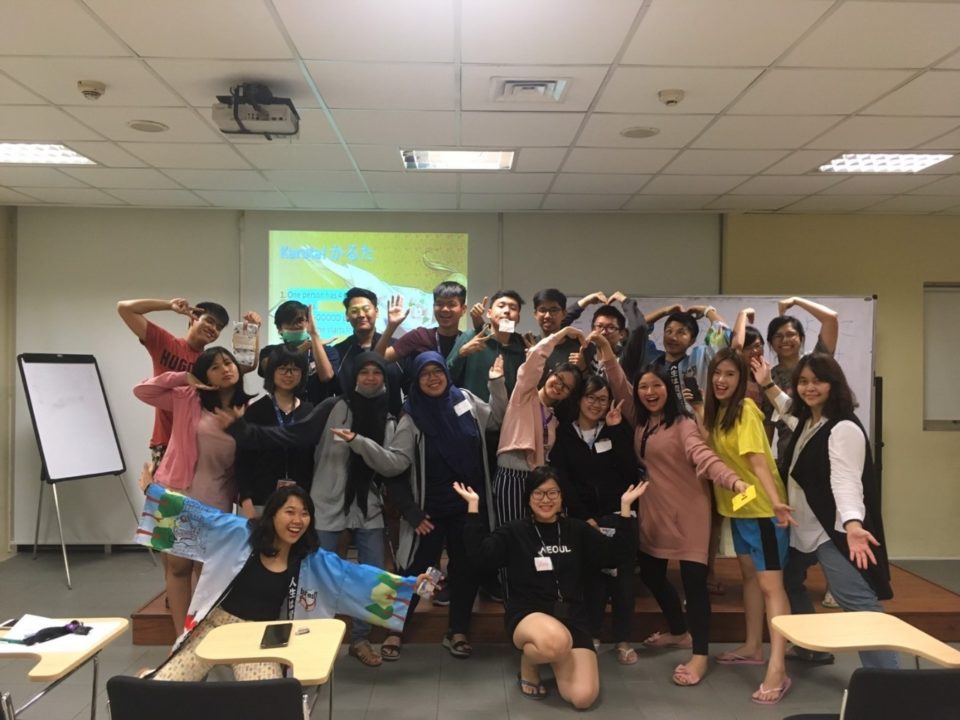JAPANESE CLASS

The Japanese Language Class is one of the four language classes held in BINUS Square. It features actual Japanese tutors that engage the students not only with the Japanese language and grammar per se, but also Japanese cultural norms, currency, games, and even dances. The Japanese tutors, Ryousuke and Yoko did an admirable job of keeping the students engaged with what they were presenting in each class. They answered each student’s questions and curiosities about Japanese people and culture and gave example on how they have seen Indonesian people do things very differently from Japanese people. The class, which consists of 5 class meetings and 1 off-class meeting passed by in a blur during the 2 months period of the class. The class was held as part of BSSC’s Culture Division language classes that strive to improve and bridge relationships between the local and international boarders.
One of the interesting aspects of the class is how the tutors taught the students how to do the Soran-Bushi dance, a fast-paced traditional Japanese dance, that according to the tutors was, “a dance that pretty much everyone in Japan knows”. There were also games such as Oni Dakka and Karuta which are games that involve the whole class. Those two are only a couple of examples of Japanese games that were played in class. Last but not the least interesting was the cultural norm differences of Japanese people and Indonesian people. An example is how all of the three Japanese tutors sorely miss their highly advanced Japanese toilets.
Questionnaires were handed out to the Japanese Class participants, whereby it can be inferred that from their response, a whopping 94% of the students filled the questionnaire with highly positive scores for the classes held, with most of the respondents claiming that the classes are interesting, useful, and the ease of access in the class are comforting for them. Not only do they gain real practical experience in interacting with actual Japanese people, the games that are taught and played by the tutors and students also boosts their already positive impressions towards the overall satisfaction of being in class. Information regarding the classes is also easily obtained and the class staffs, member of BSSC’s Culture Division, behaved nicely and accordingly in class. As a final note, we believe that the Japanese class has been a wonderful and a successful endeavour to form lasting bonds between the international and local boarders. We hope that what we learn from this class can be used to improve the future language classes.
